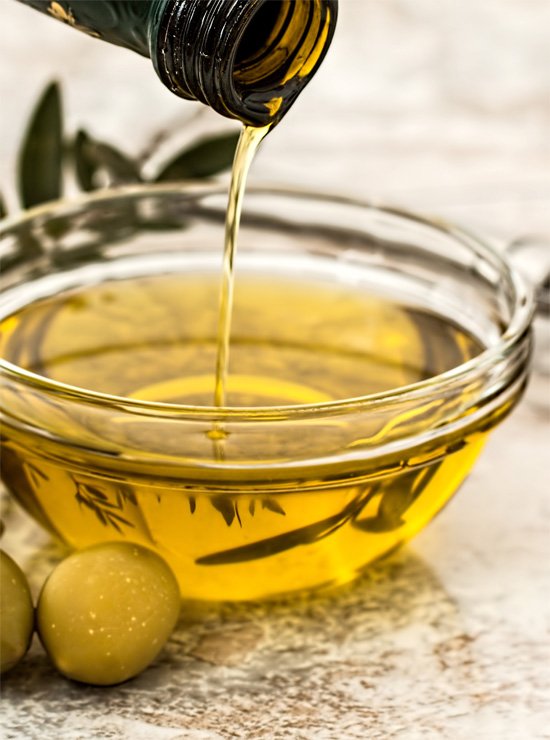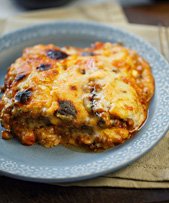A simple olive oil primer

Do you know the difference between extra virgin, virgin, and pure olive oil? It’s important not just from a taste standpoint, but also from a health standpoint. A study published recently in the Annals of Internal Medicine found that among a group of 200 middle-aged volunteers, virgin olive oil did a better job of boosting levels of “good” HDL cholesterol than pure olive oil.
So what’s the difference between these various types of olive oil? Here’s a quick rundown.
Extra virgin olive oil, made from the first “cold pressing” (which means the oil is extracted with pressure, and no chemicals are involved) of the highest-quality olives has a greenish tinge and a wonderfully rich aromatic taste. It also has very low acidity levels, generally no more than 1 percent. This low acidity means that extra virgin olive oil lasts longer than other varieties of olive oil, but it also gives it a low smoking point, making it unsuitable for cooking at very high temperatures (although it’s fine for lightly frying and sautéing). Another good use for extra virgin olive oil is to add it to food near the end of the cooking process as a texture and flavor enhancer. It goes particularly well with pasta dishes, grilled fish or vegetables, and stews; in salad dressings, marinades, sauces, and soups; or simply drizzled over a piece of fresh crusty bread.
Virgin olive oil is produced in the same way as extra-virgin oil, but uses lower-grade olives. This gives it a less pronounced flavor and higher acidity levels (around 3 percent) than extra-virgin oil, which means that its smoking point is higher.
Pure olive oil (which is available in standard, light, and extra-light varieties) is made by extracting oil from the leftover pulp from the process of making virgin and extra-virgin olive oils. This is done using heat and chemical extraction methods instead of cold pressing. Pure olive oil is cheaper and has a milder taste than the other two varieties of olive oil. It also has a higher smoking point, making it suitable for most cooking purposes, including barbecuing and frying.
From a health point of view, extra-virgin and virgin olive oils are the best choices because the oil has been removed without heat, which means the heat-sensitive antioxidants and vitamins are preserved.







